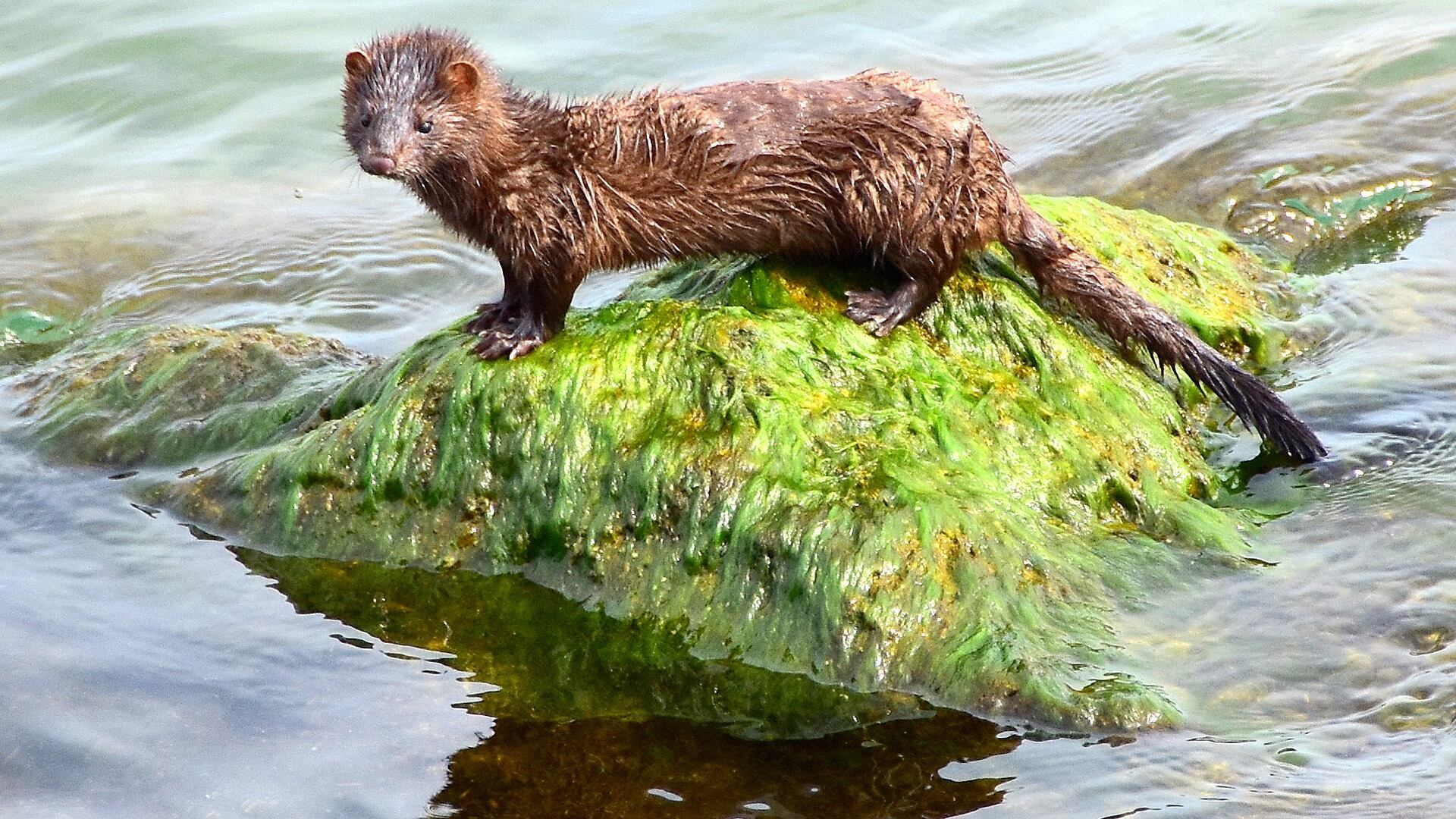Since the initial outbreak of the novel coronavirus, when people first caught COVID-19 from another species, there have been no other cases of people contracting the disease from animals—until now.
In Denmark, 12 people caught a mutated strain of the deadly virus from mink production farms.
That's worrisome in part because mutations could make the virus more deadly and would make a vaccine, if it's developed, less effective.
As a result, a watchdog group is requesting that the Oregon Health Authority and Oregon Department of Agriculture immediately investigate the state's mink farms for COVID-19 outbreaks. In a Nov. 6 letter, the Center for Biological Diversity, an Arizona environmental nonprofit with a Portland office, demanded Oregon look at the 11 registered animal farms with minks. Outbreaks have been linked to such facilities in other states such as Utah.
After Denmark's outbreak, the country announced it would kill 15 million minks as a result of the COVID-19 spread, and that "about half of northern Denmark's 783 human COVID-19 cases are related to mink farming."
Lori Ann Burd, environmental health director at the Center for Biological Diversity, said investigations should involve testing animals and workers and interviewing workers about any potential symptoms.
"We do know that COVID can be transmitted from humans and mink," Burd says. "We don't even know if health officials have looked into this at all. The nightmare scenario is that a considerable portion [of humans] would be infected with a strain that is nonresponsive to the vaccine."
The letter to Oregon officials says that the state should send inspectors to the largest factories first, and if the virus is discovered at these mink farms and animals must be killed as a result, proper disposal of the carcasses is essential.
"We do not wish to spread alarm; however, we are deeply concerned that these facilities could, knowingly or unknowingly, be contributing to the spread of COVID-19 in the state, or could even house or come to house new mutations of COVID-19, like the one discovered in Denmark," the letter states.
An OHA spokesman say the agency is working closely with the ODA, but was noncommittal about inspections.
"OHA has developed guidelines and education for numerous communities, including agricultural workers, to help them prevent COVID-19 infection in the workplace," said spokesman Jonathan Modie. "OHA also monitors human cases of the virus in such facilities, and reports outbreaks in workplaces that involve five or more cases in a site with 30 or more staff. At this time, we are not aware of cases transmitted from animals to humans in Oregon."
Burd said these factory farms are known to be a breeding ground for diseases not only due to the high concentration of animals but also because of the feces and blood resulting from production.
"Just from the nature of these animals being so closely confined together, diseases spread like wildfire throughout them," Burd says. "This industry operates under a veil of secrecy, and I don't think many Oregonians know that we have 11 factory farms in the state. I don't think they want people to know about that because it is a horrifically cruel industry. Given the public health threat, I think it's time that they talked about what's happening and it's time that investigations happen."

